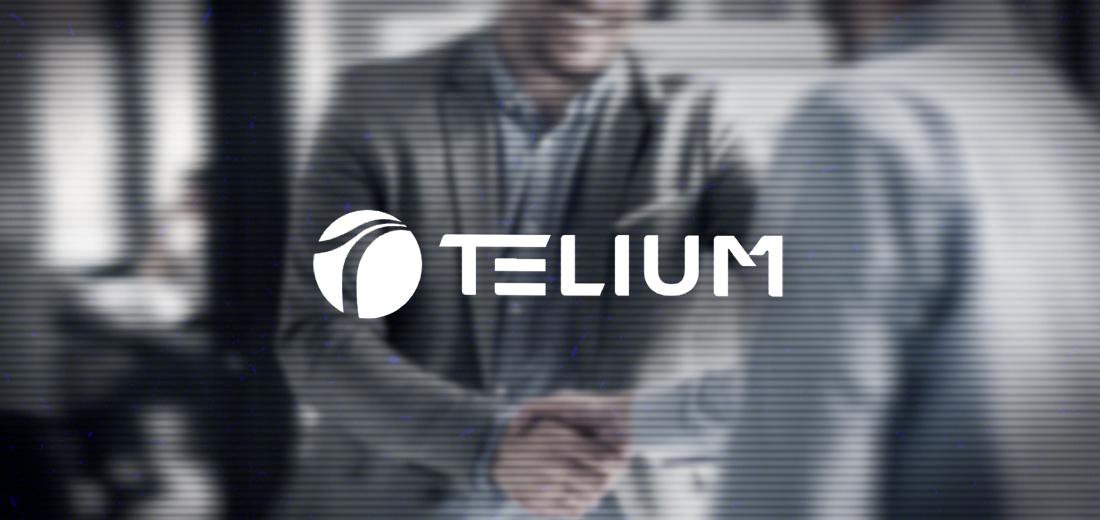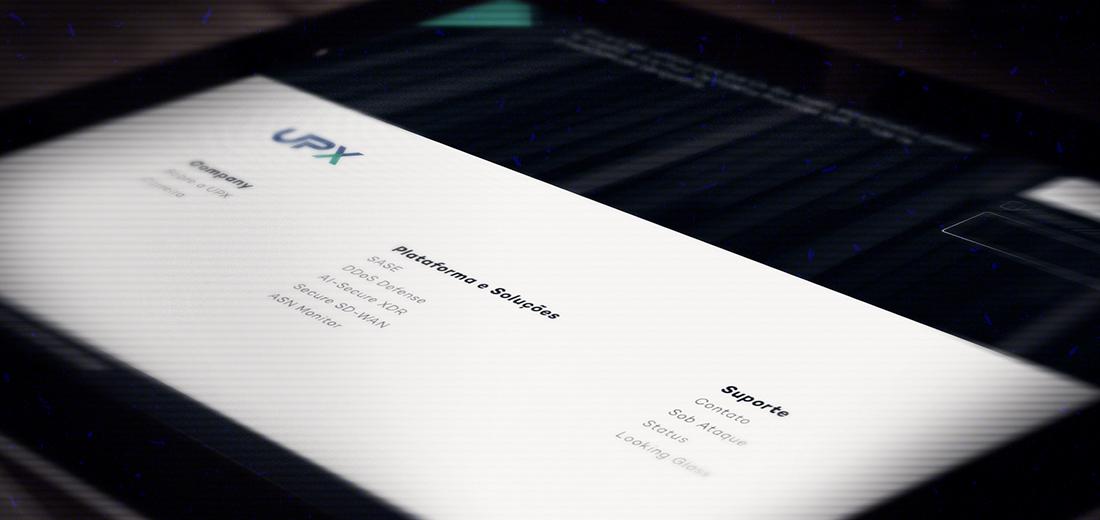
The role of Artificial Intelligence in the evolution of cybersecurity
This post will break down how Artificial Intelligence works and how this technology can be important for cybersecurity. Check it out!
What is Artificial Intelligence?
Artificial intelligence can be defined as a wide range of technologies that aim to simulate the process of human intelligence through computer systems and input information.
There are advanced AI models, with algorithms increasingly focused on simulating decision making similar to human intelligence. It can create knowledge based on mechanisms that allow it to acquire, store, process, and apply previous knowledge.
To help you understand the scope of the term Artificial Intelligence, we will address below the leading AI models currently under development, use and improvement, namely:
- Neural Networks — algorithm models that allow AI software to learn from observed and collected data;
- Machine learning — use statistical processes that allow software to learn instead of being programmed for a task;
- Specialized systems — offer levels of problem-solving capabilities in specific areas;
- Deep learning — these are the broadest, allowing software to learn based on data rather than pre-programmed algorithms.
How does AI influence cybersecurity?
Now that you are more familiar with the meaning and applications of artificial intelligence, let’s address its uses in cybersecurity and its importance as an antidote to the algorithms created by cybercriminals. Check it out!
Enables monitoring automation
Effectively monitoring for threats to your network requires processing and classifying a great deal of structured and unstructured data. Doing this manually through common software, even if you hire a dedicated workforce, besides time-consuming, does not ensure that any meaningful data is missed. Fortunately, this threat monitoring process can be automated using predictive AI.
This frees the process from human error and is more cost-effective in the long run – than it would be if you had to hire employees to check your data manually. Furthermore, AI, through predictive analytics, in addition to real-time monitoring, performs data trend analysis to reduce the likelihood of cyber attacks and the dreaded ransomware – or at least significantly restrain the damage and losses they cause.
Improves risk management and incident response
A further advantage of using artificial intelligence in cybersecurity is the ability to scan large volumes of data to provide rational decisions when facing an imminent threat. This method of predictive analytics enables data-driven decision-making, with valuable cybersecurity information that you can use when choosing strategies or the best paths for incident response.
Detects and prevents cyber risks
A major benefit of using AI to optimize cybersecurity is its risk detection and prediction processes that, when well developed, can become significantly advanced. The smart system performs the task more efficiently and smoothly than human manual verification and restrictive rule-based algorithms.
This highly efficient process is based on the learning capabilities of AI, which enables companies to find anomalies, assess the risks of such new anomalies, and create predictions of future risks.
For instance, the risk detection capabilities of your predictive AI can recognize issues with the newly integrated customer service management of your social media accounts. It can also provide predictions, such as how often similar anomalies would occur if no solution was applied.
Enhances breach prevention
A data breach, however small, can cost a company millions of dollars, and most of them can be detected early on – before they become an avalanche of problems.
Among the main reasons that lead to these breaches are compromised credentials, careless use of corporate email, phishing, social engineering, and malicious insider information.
Although most of these issues can be mitigated by a conscious and intentional use of digital tools with proper security policies, having artificial intelligence as an ally only adds another layer of protection to act exactly where humans cannot actually identify the threat.
Certain software vulnerabilities are unaccounted for even by manufacturers and, therefore, they fail to create update mechanisms to nullify them. Cybercriminals specialize in finding such vulnerabilities and use them to force their attacks. Predictive artificial intelligence has the potential to identify even minor pattern changes caused by the attempted attack on the data.
We hope this post has shed some light on the importance of artificial intelligence in the evolution of cybersecurity. Modern, digital transformation-oriented companies are using data as a primary source for decision making, meaning that ensuring its security is protecting the ability of the business to grow.
Get in touch with UPX
Send your contact so that one of our specialists can get back to you.


